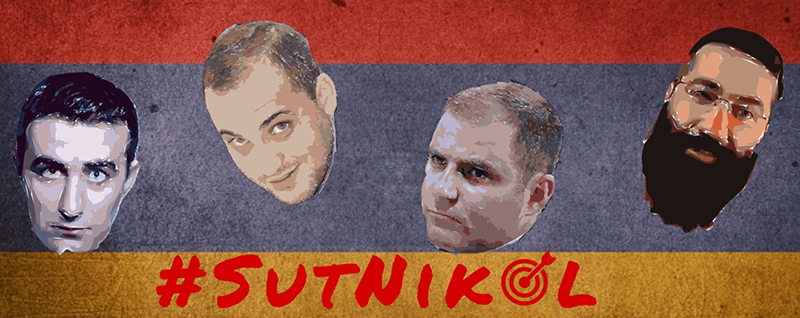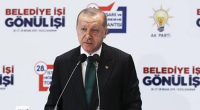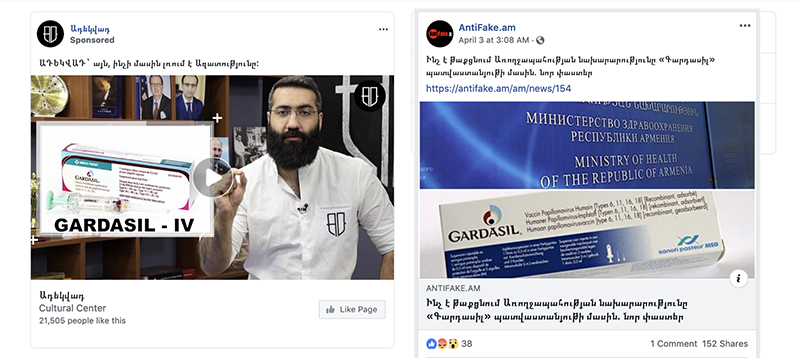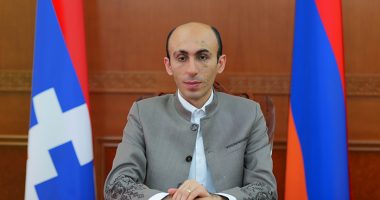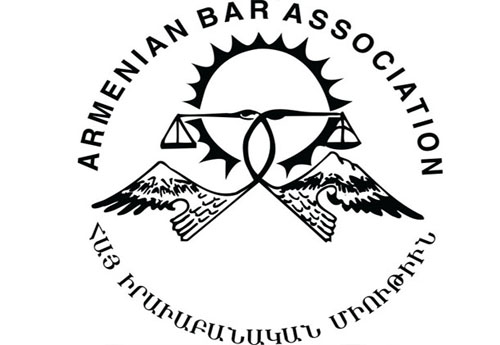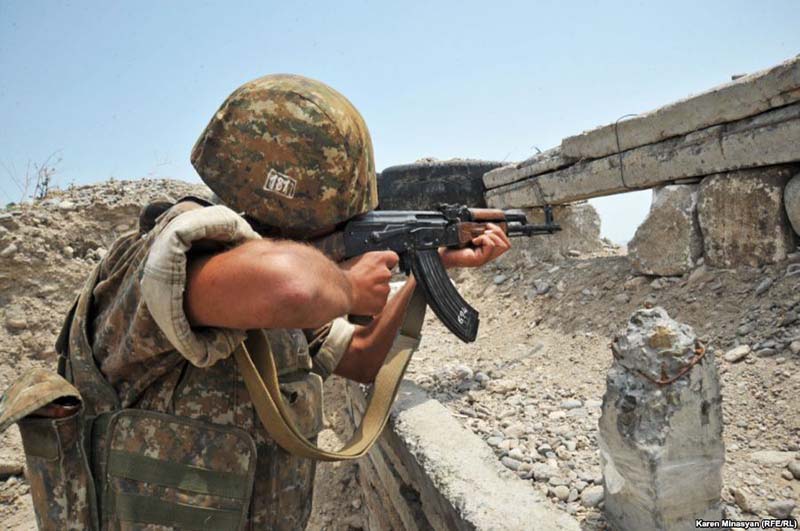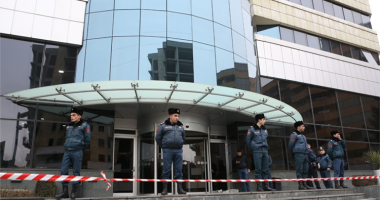YEREVAN (ArmInfo — A systematic campaign is being conducted against the Prime Minister and the Government of Armenia in social networks, the traces of which lead to Russia, Atlantic Council authoritative US think tank states as reported by the Armenian service of ” RFE/RL “.
In a published investigation, experts of the Digital Forensic Research Lab of the organization note that the velvet revolution in Armenia last May, on the one hand, restored public confidence in the government, paving the way for democratic change, on the other hand, united those who opposed political change. As the investigation shows, in the recent months, some opponents united under the hashtag #SutNikol (Nikol>, Ed. note) and started a complex online campaign aimed at discrediting Nikol Pashinyan and his supporters by disseminating disinformation and biased information. According to experts, these groups use a special method of misleading the public – seeming as an impartial organization checking facts to instill confidence in users of social networks and gather followers, then they distribute unilateral and divisive statements about political events.
“These actions are not sincere, and they are becoming more and more active,” the expert report says, in which, in particular, it is noted that since April 15, the hashtag #SutNikol began to spread in the Armenian online media space. Investigating the source, experts of the Atlantic Council identified 4 persons affiliated with it, who are mainly responsible for the content and distribution, namely: the founder of AntiFake.am Narek Samsonyan, the founders of Adequate Artur Danielyan and Narek Malyan and the founder of Blognews Konstantin Ter-Nakalyan. “Adequate” is represented as a cultural center, which allegedly “represents what the Azatutyun is silent about (Armenian service” RFE”, e/Radio Liberty ed. note)”. The page was created after the revolution in June last year and distributes a significant number of videos with Artur Danielyan, who allegedly represents illegal actions or false statements by the Pashinyan government, spicing it up with anti-American rhetoric. “For example, in one of the videos Danielyan accuses Pashinyan of having an army of fake users, in another video he questions the budget statistics presented by the prime minister, or, for example, his policy in the energy sector,” experts say , stressing that such allegations are not based on sound evidence, but on messages from friendly media. On another page, AntiFake.am, it is stated that “the core of the latest events in Armenia is false information, propaganda and manipulation.” At the same time, the website states that its purpose is to disclose unfulfilled promises, false information, manipulation, propaganda, publishing news in the air and checking their authenticity.
“Contrary to the statements on independence and neutrality, the content of AntiFake.am is mainly focused on discrediting Pashinyan, – experts of the Atlantic Council say, continuing: – The most discussed articles on the page contain political comments that divide society, unsubstantiated reports that say that Pashinyan visited the plant, which does not exist, or that Pashinyan attributes to himself the successes of the previous government. ” At the same time, experts noted another trend: both pages, in addition to the political campaign, also focused on the fight against vaccination, in particular, the Gardasil vaccine, presenting obviously false information about it. In the Western media there is an opinion that the anti-vaccination campaign has begun and is sponsored by Russia. This, however, is not the only fact that indicates external interference. Experts of the Atlantic Council claim that they have found clear evidence that, at least, AntiFake.am is not fully controlled from Armenia. Studying the domain shows that the web address of the page is registered in Russia – in St. Petersburg. Moreover, experts note that the registration data of this domain and the person responsible for it on whois.net are closed
To note, the Atlantic Council is an American non-governmental analytical center in the field of international relations, founded in 1961 with the aim of “maintaining and strengthening cooperation between the US and Europe, which began after World War II.” In the first years of its existence, the emphasis in the work was placed on solving economic issues related to the development of trade between the US and Europe. In the future, the Atlantic Council expanded its activities outside of Europe and the USA. Today, it manages ten regional centers and functional programs dealing with issues of international security and global economic development. It is a forum for political, business and intellectual international leaders. The center is headquartered in Washington.
Armenia Assailed by Deceptive “Fact-Checking” Groups, Part 1: The Players
Armenia Assailed by Deceptive “Fact-Checking” Groups, Part 2: The Coordination

